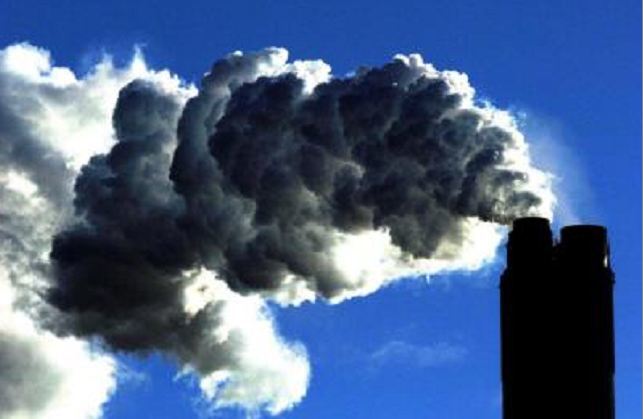
For anyone elated by the climate-change accord in Paris, the commodity markets have a reality check for you.
World leaders may have vowed to wean the world from fossil fuels, but prices for oil, coal and natural gas are at their lowest in years. Crude, which touched an 11-year low Monday, will probably decline even more with the US ending its 40-year ban on oil exports.
So is that bad news for people hoping to switch the world to cleaner fuels?
The answer is pretty complicated. The International Energy Agency in May analyzed the impact on greenhouse-gas emissions if global oil prices remain below $50 a barrel for the rest of the decade, pulling down coal and natural gas prices as well.
The results, shown above, were mixed: total carbon dioxide emissions from coal will go down by almost 6 gigatons from 2014 through 2040, largely because low prices will accelerate the shift to cleaner gas for producing electricity.
But inexpensive fossil fuels will also undercut sales of electric vehicles. They boost the cost of renewable-power subsidies, encourage the use of oil for chemical feedstocks and, most critically, make the payoff less attractive for efficiency upgrades.
By 2040, energy-related emissions in a cheap-oil era would be just 0.3 percent higher, an additional 3 gigatons — if governments stick to the pollution-cutting pledges formalized in Paris.
Yet progress would come with a higher cost: nations would miss out on $800 billion of savings by avoiding improvements in cars, trucks, aircraft and other equipment. “A key risk,” the agency warned, “is that the world locks in a less efficient and less climate-friendly capital stock that commits to higher long- term emissions.”
It’s still an improbable scenario, the IEA said, given that oil producers are unlikely to accept the pain of low prices for that long. But if cheap fossil fuels are here to stay, it’ll be up to governments to hold the line on the promises made in Paris.
“Many analysts would take the classical view that a long period of low oil prices would prompt higher demand,” said Bill Hare, chief executive officer at Climate Analytics, a Berlin- based research group. “It depends very much on what governments do to counteract that.”
Recommended for you
